Interview with Enlik Tolykbaeva, Head of the Scientific-Information Department and Scientific Utilization of the Central State Film, Photo, and Sound Archives of the Ministry of Culture and Information of the Republic of Kazakhstan.
– Where were you born, and what were your parents’ professions? Were your ancestors somehow connected to this industry?
I was born in 1986 in the south of Kazakhstan, in a small, compact town called Karatau. It was formed in 1946 on the phosphate deposits. This settlement was built by deported Germans, Koreans, and Japanese prisoners of war. With each passing year, the city developed, building hospitals, schools, and infrastructure.
My mother is a history teacher, now retired, and my father was a mining engineer who worked in phosphate mining.
In 2004, I graduated from high school and entered the T.K. Zhurgenov National Academy of Arts. I studied there for five years at the “Cinema and Television” faculty, specializing in television directing. I graduated with honors.
After graduation, I worked for 2-3 years as an assistant director at a local channel. Eventually, I had to leave because my husband didn’t like the schedule of my work. I would come home at 3 o’clock in the morning, at 4 in the morning, and so on. What man would like that? So we mutually decided that I would leave.
During this time, I learned that there was a vacancy at the Republican Film and Photo Archive. Since cinema and photography are my passion, I am not a stranger to this field, so I came here. And for the past 13 years, I have been working here. Currently, I hold the position of the head of the department for the scientific utilization of documents, which includes archival materials, namely films, photos, and sound recordings, collectively referred to as audiovisual archives. For 13 years, I have been studying all these documents, but there is still much I don’t know.
None of my relatives worked in the archival field before me.

– You lived in a small town. What language did you speak at home?
We spoke in our native Kazakh language at home.
– Your Russian language skills are so brilliant that it’s impossible not to ask. How did Russian come into your life? When did you start speaking Russian?
I learned Russian at school.
– Were you the only child in the family, or were there other children?
No, I am the only child in the family.
– Which school did you attend?
In 1993, I passed the entrance exam and entered the school-gymnasium named after Akhmet Baitursynov. In our small town of Karatau, this gymnasium was considered a very prestigious educational institution. I was admitted to the first grade, and I studied there for all 11 years.
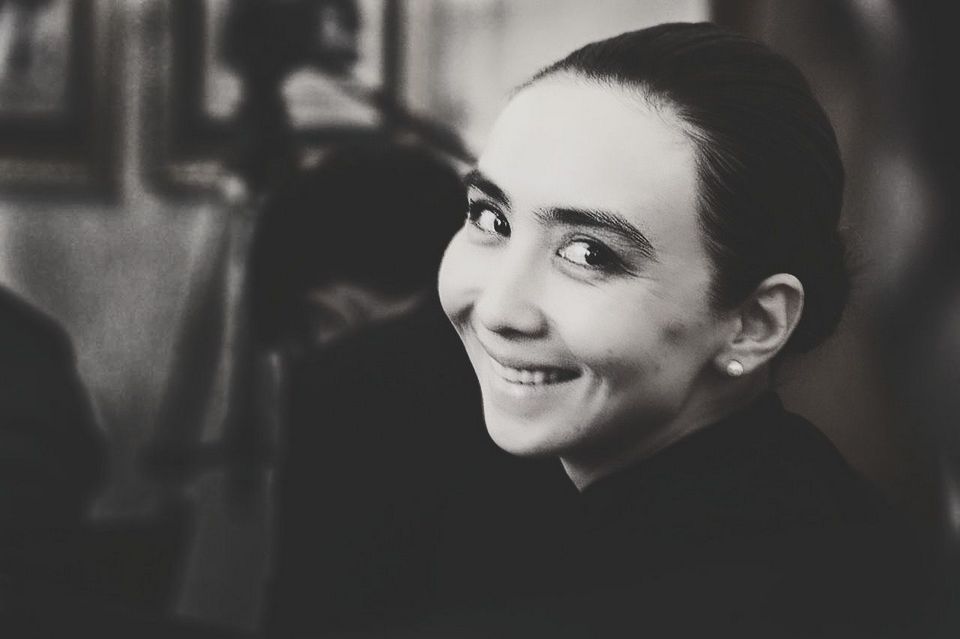
– What was the entrance exam like for school?
We were given tasks to draw a person, write a letter. They showed it on the board, and we had to write, draw, and submit everything. I passed.
– Was the class strong?
Yes. We all studied well. After the seventh grade, we had specialization.
I had a tendency towards philology, so I went to the philological class. I can say I’m an unofficial philologist.
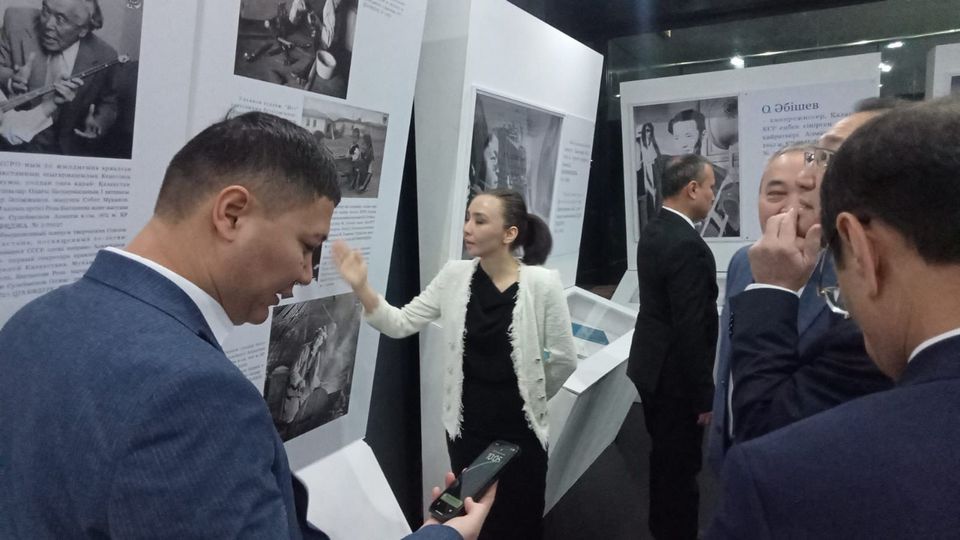
– What besides school? What did you do?
I attended piano, dombra, and dance classes. Until I finished school, I tried everything everywhere. But to say that I achieved any result in these areas would be incorrect. I’m a very impulsive person, and I quickly get bored with everything. I constantly crave new emotions. I really wanted to become an actress, but somehow it turned out that I was redirected to directing.
– At what point did you decide to study directing? How did it happen?
I came to the acting department, and during the audition, the teacher called me over and said, “If you’re lucky, you’ll become a famous actress. If not, you’ll end up like many other actors. I see that you’re smart, you’d better apply to the directing department. All actors depend on the director.”
He himself was an actor and redirected me to another department. Thus, unexpectedly for myself and for my family, I entered the directing department, which I do not regret. Over time, I realized that what he said was true.
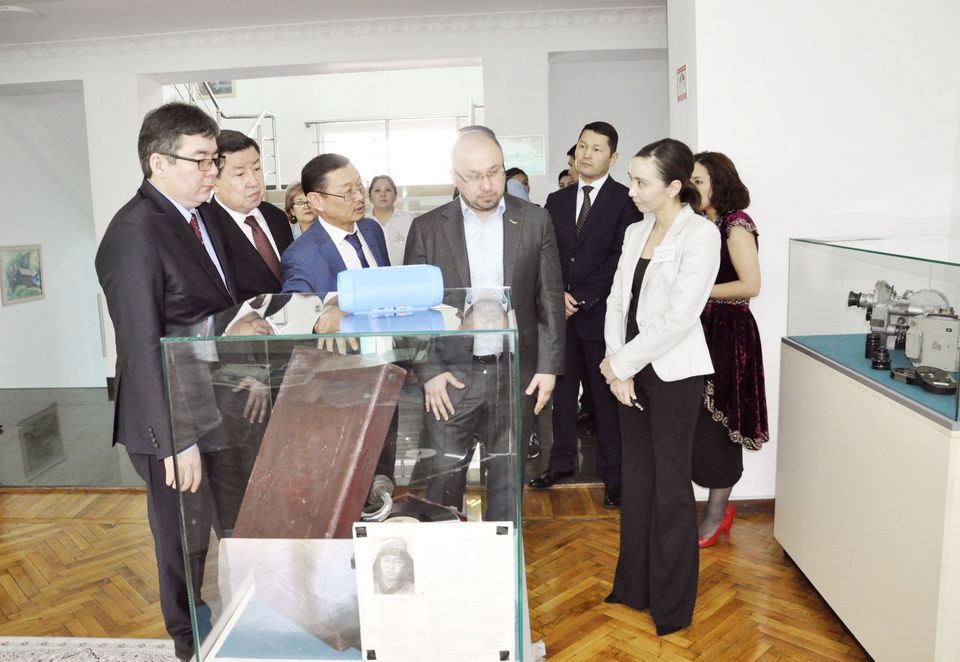
– How was the adaptation in the new city?
It was very easy and simple. Almaty is a wonderful city. I didn’t feel any discomfort. And it’s been 20 years already. At first, I lived in the dormitory of our university. Then I got married and moved in with my husband.
– How did you meet your husband?
I met my husband at the A. Kasteyev Museum. There was an exhibition commemorating the 80th anniversary of the republican newspaper, where my future husband worked. I was a reader of that newspaper.
A year later, we got married. I was 20, he was 26. We have a wonderful daughter who is 17 years old and is studying in the 10th grade.
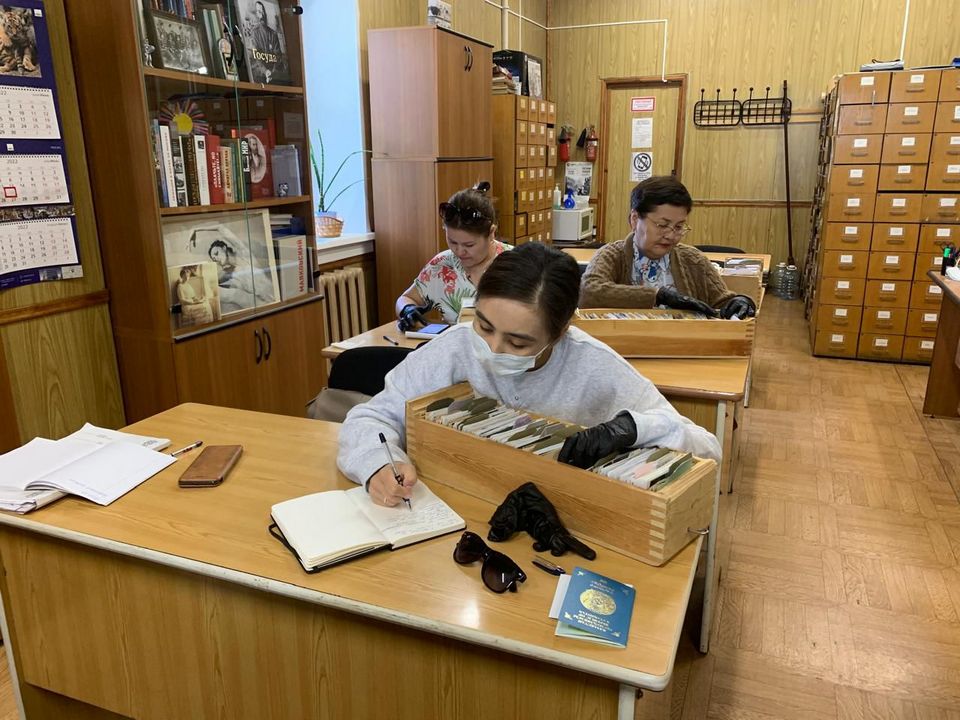
– You were an excellent student in school and university. Nevertheless, which subjects were the most interesting for you? What did you enjoy the most in university?
In university, it was definitely acting. I performed various shows in front of guests and teachers. All my teachers used to say, “You are a ready-made actress.”
– What was the topic of your thesis?
At that time, the print media was popular, so in my thesis, I predicted what would happen to print media in 10 years. I researched this topic, conducted analyses, and predicted that print media would decline, which is happening now. I’m talking about traditional newspapers and magazines, not about news feeds on the internet.
– So, did you predict to your husband the prospects of losing his job?
Now he heads an information website.
– How did you find your first job in your field?
I got a job in my field right after graduation. My first job was at the local TV channel. I worked as an assistant director in the news department.
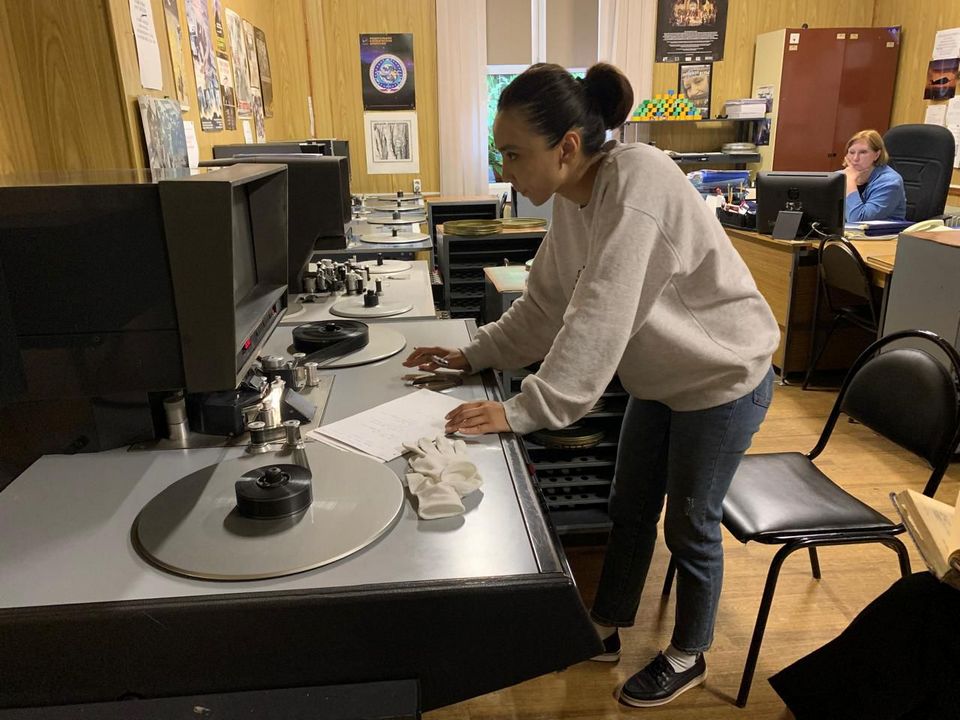
– How did you find this job?
I submitted my resume, and then they invited me for an interview. I didn’t work as an assistant director in the news department for long. After that, I got a job at a state channel and also worked in a private studio at the same time. That’s why I used to come home at three, four in the morning. But I didn’t stay there for long due to family circumstances.
– Who was taking care of your daughter at that time? Who was raising her?
My mother-in-law was raising my daughter. She lives in the Almaty region, in the village of Narynkol. My husband and I often went there. I didn’t take an academic leave; I started studying when I was in the fifth year. I called my mother-in-law, and she stayed here, taking care of our daughter. She helped me a lot, of course, and still does.
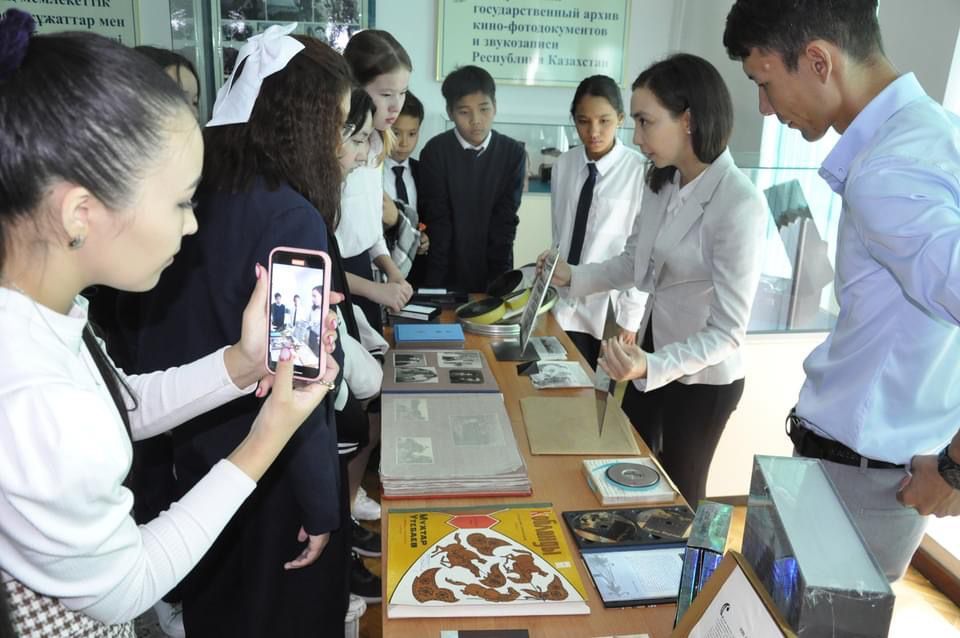
– At what age did you take your daughter back?
When she was five years old because she was about to start school soon.
– How did this transformation from a TV director to a remotely related industry happen for you? How did you experience all of this?
Very calmly. Firstly, the main focus was on the child and the family, which came first. Secondly, I liked it right away because there are very interesting documents here.
– You came to work, and the management outlined your first tasks. What were these tasks?
I work in the reading room of our archive. The first task was to study the Unified Classification Scheme, where each letter in the alphabet corresponds to a specific area, and I had to know them. For example, the letter “M” stands for industry, the letter “Ч” stands for art, and so on. I studied this classifier day and night. A week after I started this job, my partner fell ill. I had to handle our researchers alone. I was so scared; I was shaking because I was afraid of fetching the wrong catalog, the wrong documents. But I managed it.
These are multimillion documents, and it’s difficult to find what you need right away without embarrassing yourself, your work, or your team. I tried very hard.
The second task was to study the catalogs, to know the composition and content of the documents.
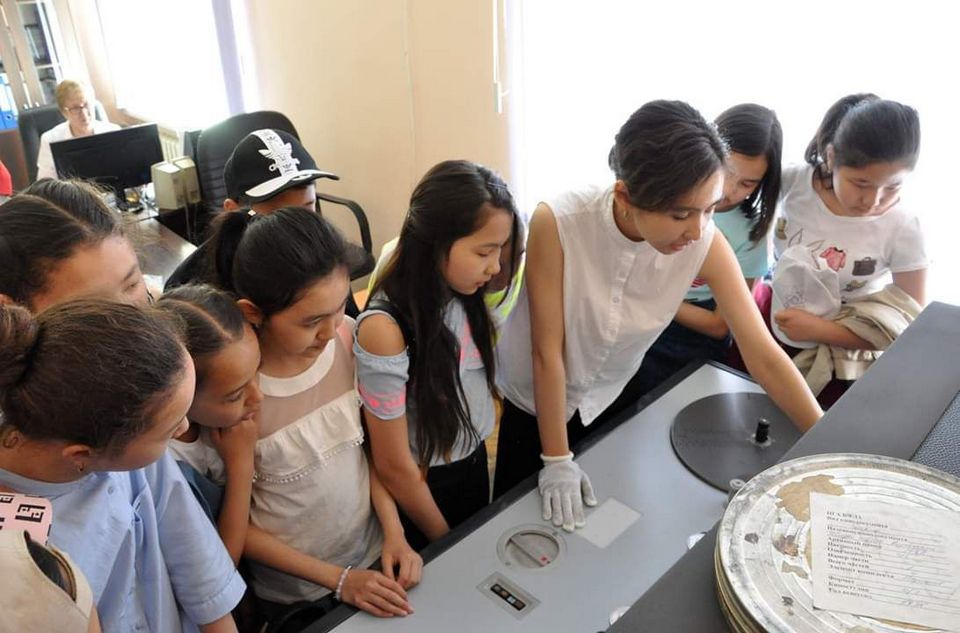
– How did your career progression unfold?
I started as a simple archive employee. Now, I hold the position of the head of the department for scientific-reference apparatus and scientific use of documents.
This is a very complex area. The task of the scientific-reference apparatus for audiovisual documents is systematic and sequential work with catalogs. The development and improvement of the archive’s catalog system should move in a direction that provides researchers with the necessary information with greater opportunities for comprehensive and prompt use.
A large number of documents have already been digitized and posted on the website www.kfdz.kz. Just visit the site, enter a keyword, and that’s it.
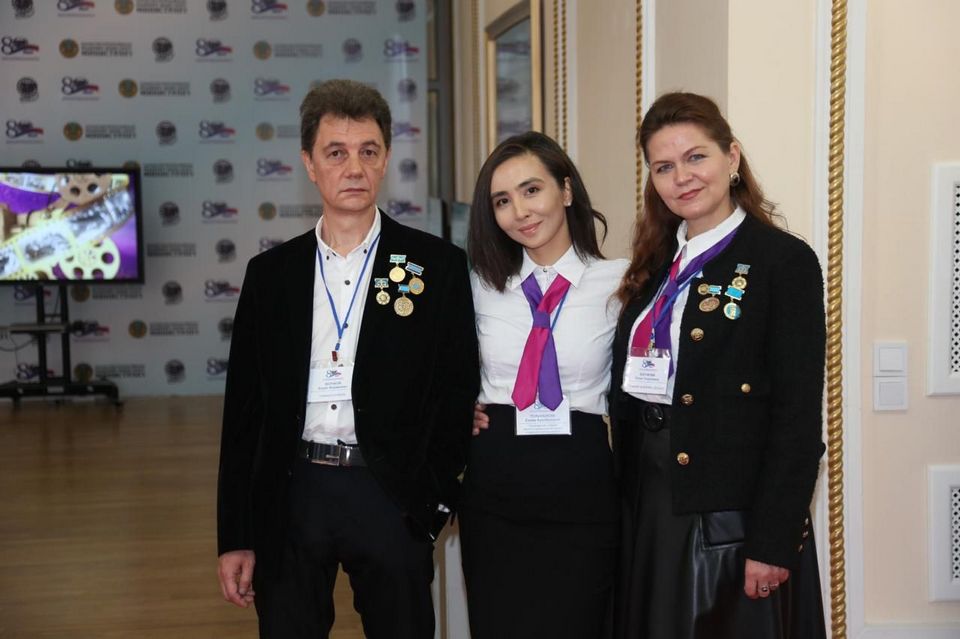
— When did the digital revolution of the archive take place?
The digital revolution in the archive began in the early 2000s with the digitization of photo negatives. Initially, the focus was on scanning large-format glass and film photo collections.
By the end of 2020, the archive had acquired new photo equipment capable of scanning at even higher resolutions.
In 2003, video equipment in Betacam SP and MiniDV formats was purchased. The process of transferring film documents to this new format began. However, this format became outdated due to its relatively low resolution (720 by 576 with a 4:3 aspect ratio).
In 2012, the archive acquired a high-professional equipment complex for digitizing 16mm and 35mm film documents. Thanks to this new complex, the archive updated its film inspection and sound editing tables, acquired a machine for ultrasonic film cleaning (using 3M Novec 7200 solvent), film scanners, and a Sonder device for magnetic and optical recordings.
Over the past three years, the archive’s technical infrastructure has been further updated. It has acquired 4K film scanners and document scanners with resolutions up to 48000 DPI. The sound editing stations have been upgraded with new computers and external sound cards capable of sampling frequencies up to 192 kHz 24-bit.
Additionally, the archive has expanded its storage capacity with an additional data server totaling 130 terabytes.
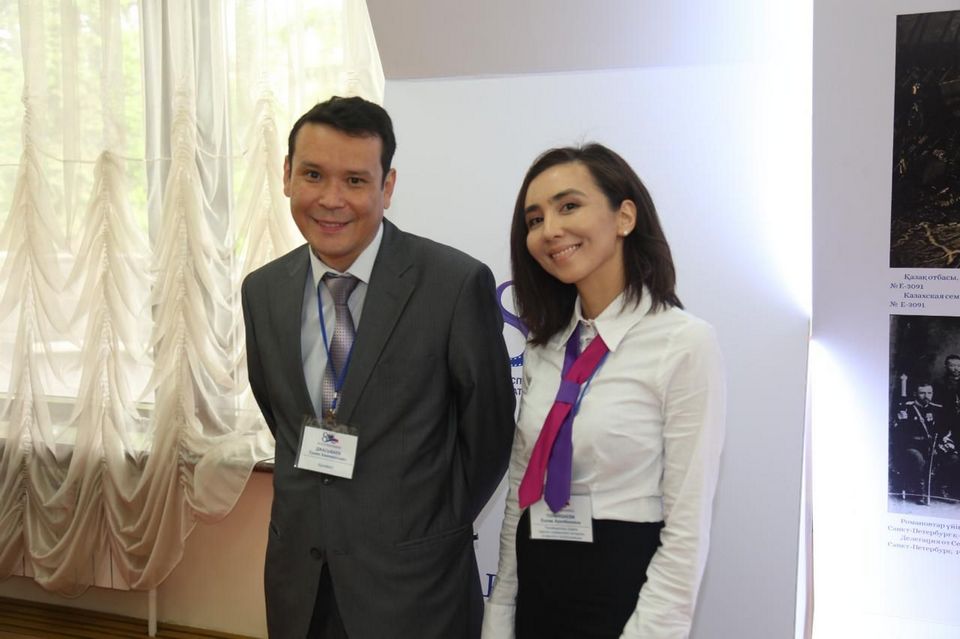
– What do you consider the main achievement in your professional career?
I have established myself as a professional in the archival field, which pleases me. I am respected by my colleagues and researchers. They come to me, seek advice, and consult.
– What is the most important thing in life for you? In what ways have you realized yourself, and what pinnacle have you reached at the moment?
I am proud that I have succeeded as a mother. Recently, my daughter looked at me and said, ‘I am proud of you and admire you.’ This is the highest praise for me. It was very, very pleasant for me, unexpectedly, you could say. You don’t often hear such things from your child.
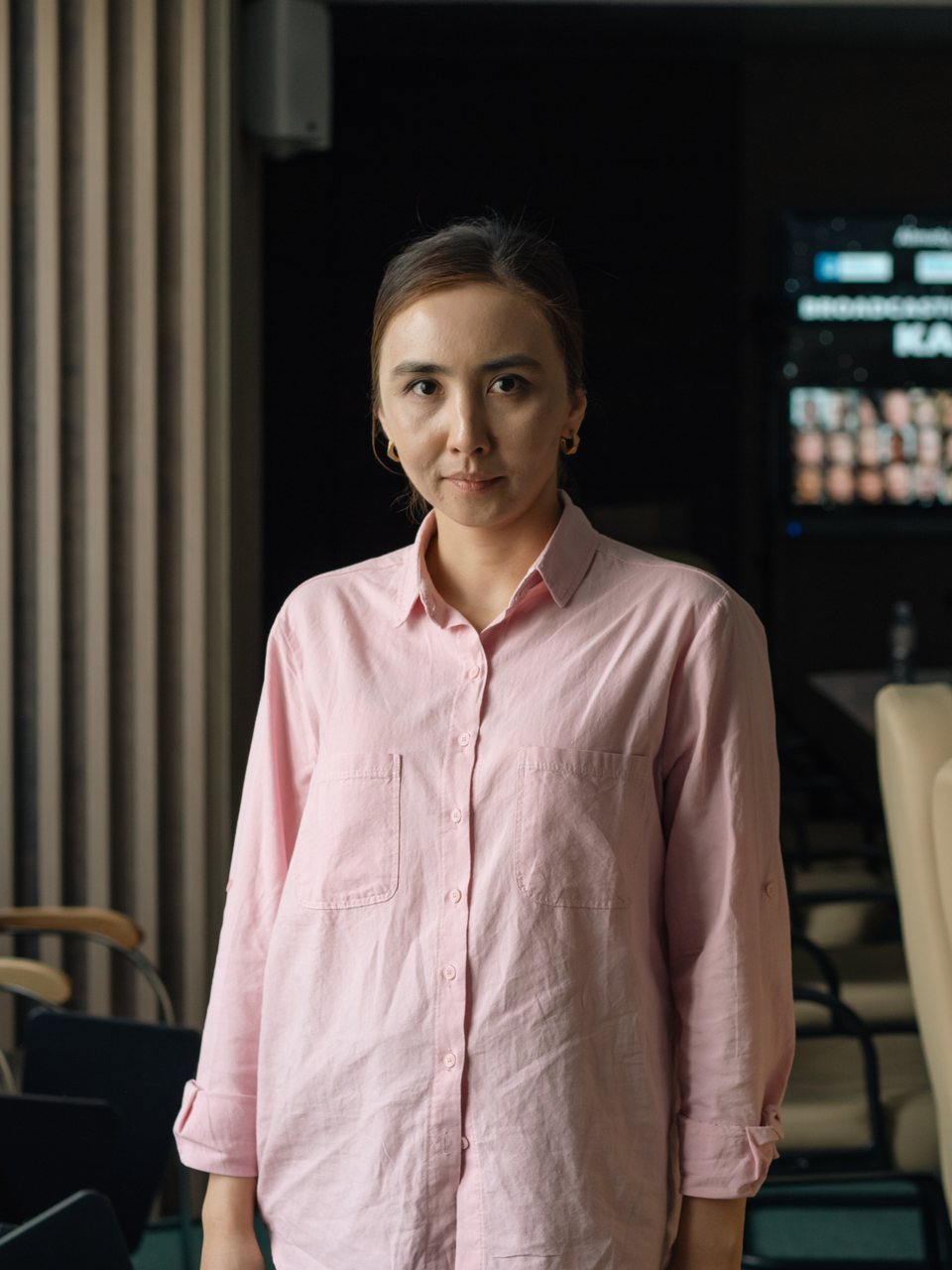
And, of course, every day I develop myself, every day I try to become better than yesterday.











